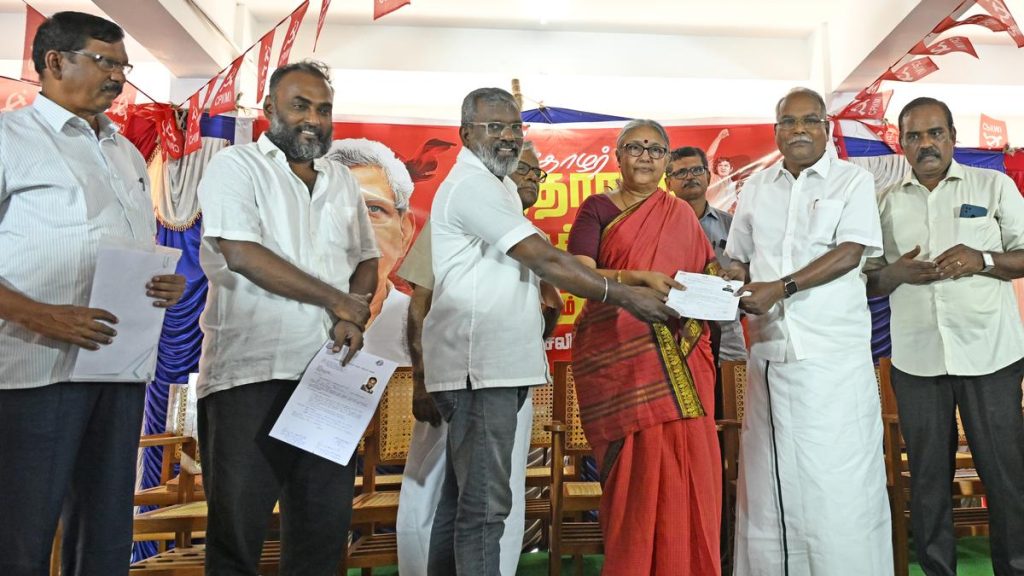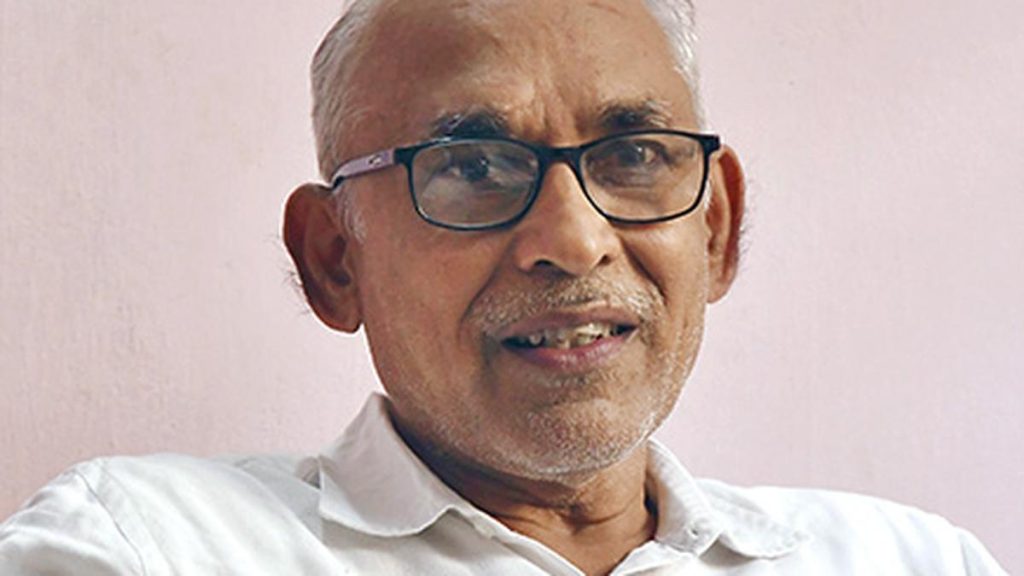Now Reading: Supreme Court Revisits Judgment to Address Child’s Custody Concerns
-
01
Supreme Court Revisits Judgment to Address Child’s Custody Concerns
Supreme Court Revisits Judgment to Address Child’s Custody Concerns

Swift Summary
- case Overview: A Supreme Court custody judgment was reviewed after concerns about a child’s mental health due to separation from his mother.
- Initial Ruling: The 2024 Supreme Court ruling affirmed the Kerala High Court’s decision to grant permanent custody of the child to his biological father, citing stability as the mother intended to move abroad.
- Review Petition: The mother argued that she had been the primary caregiver since infancy and cited evidence showing anxiety and potential separation anxiety disorder in her child following the judgment.
- Key Evidence: Medical evaluations from Christian Medical College, Vellore demonstrated adverse mental health impacts on the boy.
- Supreme Court Review Outcome: In a rare open court hearing, justice Vikram Nath acknowledged that separating the boy from his primary caregiver had emotionally impacted him. The judgment was set aside,prioritizing the child’s welfare.
- final Decision: Custody remains with the mother; biological father granted visitation rights conditioned upon fostering a respectful relationship.
Indian Opinion Analysis
The Supreme Court’s empathetic review underscores India’s legal emphasis on prioritizing children’s welfare in custody battles. While legal rulings often prioritize stability or logistical suitability-as initially seen in affirming custody to prevent disruption-the emotional and psychological dimensions presented compelling grounds for revision. This case highlights evolving jurisprudence recognizing not just legal rights but also relational dynamics crucial for healthy childhood growth.
Given its implications,this decision reaffirms that Indian courts are willing to revisit rulings when new evidence underscores substantial harm affecting well-being-even beyond procedural finality. Furthermore, it stresses inclusivity between parents by promoting constructive co-parenting despite custodial differences. This stance could shape future considerations in similar disputes were complex family structures challenge conventional custodial norms.
For further details read here.























